The nationalist conservatives have won. Donald Trump is in his second term as president, pursuing an agenda of aggressive immigration enforcement, protectionist trade policy, and an expansion of executive power. On national security policy, the “restrainers” are in and the old-school Reaganites and hated “neocons” are out. The cultural dominance of wokeism and secular progressivism has ebbed as a more confident and assertive right-wing culture seemingly rises up.
This is everything the folks organizing, speaking at, and attending the National Conservatism Conference this week in Washington have been hoping for. So why isn’t everyone happier about it? That’s what Yoram Hazony, the intellectual leader of the “natcons,” wants to know.
“We're in power! Our friends are in power,” said Hazony during his remarks on Tuesday morning. An Israeli American academic who runs the Edmund Burke Foundation, Hazony was practically wagging his finger at nameless naysayers within the movement who complain online that the Trump administration isn’t all the natcons hoped—that it’s been too adventurous on foreign policy, that Silicon Valley has too much influence, that the president just hasn’t gone far enough.
“Do you really believe that you're going to be able to build a better coalition to win the next election, better than the one Trump built?” the soft-spoken Hazony said, gazing out at the audience of a few hundred in the basement of the Westin Hotel. “I don't believe you. You can't do better than this. This is the best it's going to be. I'm not saying everything that he's doing is right. I'm saying this is the best it's going to be.”
That’s hardly the resounding victory cry you might expect from the leader of the most coherent intellectual movement to try to make sense of Trump’s nationalist-populist gestures. Hazony and his nationalist fellow travelers stand at perhaps the peak of their political power, and he knows it. The unvoiced distress at this year’s NatCon is: What if we’re squandering it?
The annual NatCon conference, now in its fifth year, has never been a powerhouse like the Conservative Political Action Conference or the Turning Point Student Action Summit, and there were far more empty seats than full ones in the ballroom. (That may have something to do with NatCon’s relatively niche programming, in which speakers talk about the need for conservatism to have “a proper telos” or deliver 35-minute disquisitions on the various government conspiracies to censor speech through the use of AI. There were no pyrotechnics.)
But as one fellow journalist noted to me, this year’s NatCon may have felt emptier because many of the would-be attendees have jobs in the Trump administration now. More to the point, there are nationalist conservatives of different stripes at the highest reaches of government, from Vice President J.D. Vance and Secretary of State Marco Rubio to Russell Vought, the director of the powerful Office of Management and Budget, and U.S. Trade Representative Jamieson Greer. Both Vought and Greer were featured speakers at this year’s NatCon, as were key natcon allies on Capitol Hill like Sens. Josh Hawley and Eric Schmitt, both of Missouri.
“We don't know if we're ever in our lives going to see a group of people this good, with ideas this focused and determination to this extent,” Hazony told the crowd. “We don't know if we're ever going to see it again.”
His concern that the natcon moment may be fleeting did not exactly match the outwardly triumphant tone for the rest of the three-day conference. But it was also not hard to detect a simmering sense of unease that Hazony was right: The clock is ticking for these “common good conservatives“ who want a strong and active government to achieve their ends. And with a political leader as mercurial as Donald Trump as your champion, there’s no guarantee things will continue going your way.
“Our philosophical agenda doesn't have all the time in the world,” said Vought in his address to the conference on Wednesday. “There is a point of no return.”
The response from some in the movement has been to call on Trump to commit himself to serious governance to achieve their shared goals: a better economic and social life for the American working class. That was the point of a New York Times op-ed from another natcon leader this week, economist Oren Cass of American Compass.
“Can he and his administration move past the demolition, clear the debris and, well, build back better?” Cass wrote, begging Trump to buckle down and get serious. “Does he have the will to pursue his promise of a new golden age for American workers and their families?”
The unspoken natcon fear is that the answer to those questions is “no,” which puts the movement in a bind. Trump himself is the reason that they have any influence, but his political career is experiencing exponential decay with each passing day. If his second term is ultimately a failure, what hope is there that the nationalist vision for America—a politics oriented around right-wing industrial policy, retreat from the global stage, and “heritage Americans”—will have much purchase when Trump exits the scene?
Others are reacting to this looming existential crisis by declaring a permanent revolution, not against the American left but against those within the American right whom Trump has either defenestrated or co-opted. Without the revolutionary mindset, the insidious forces of free-market capitalists, libertarians, neocons, and classical liberals might dare to reassert themselves in conservatism.
“It's not enough for us to say, ‘This is what I voted for.’ From now on, this needs to be the only thing we will ever vote for ever again,” is how Rachel Bovard, the pugnacious activist at the Conservative Partnership Institute, put it in her speech on the first morning of this week’s NatCon. “For all his unique style, Donald Trump is not sui generis. His populist politics, nationalist vision, and permanent offense strategy need to become the baseline for Republican presidential candidates from now on.”
Yet if the entire nationalist conservative project were a success, these exhortations would be unnecessary. What’s gnawing at the natcons here is that they may have to keep defending their ideas to voters who may not be convinced by higher prices driven by tariffs, hostility to vaccination, and pointless diplomacy. They’re already anticipating a vicious internal debate (which has never been settled) on the political right in which they will no longer be able simply to hammer the “dead consensus” of old conservatism—they’ll have their own records to defend.
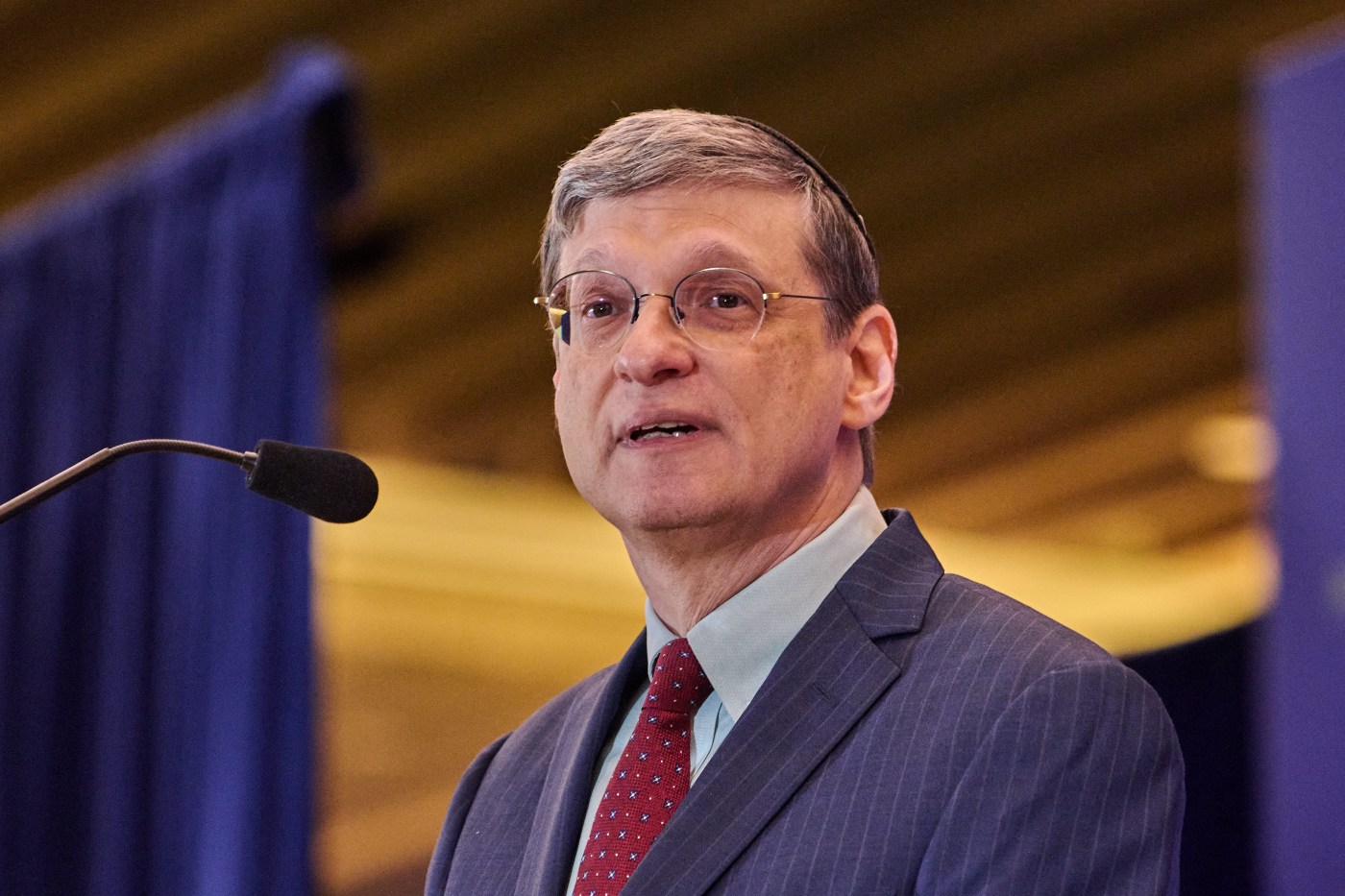

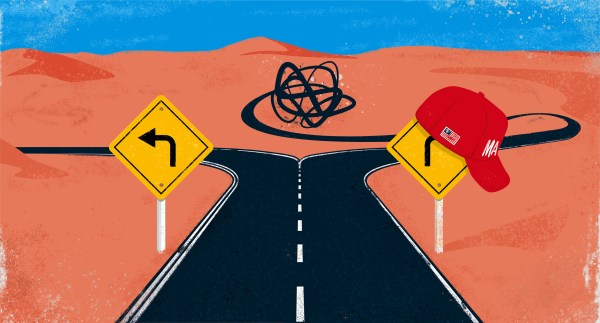
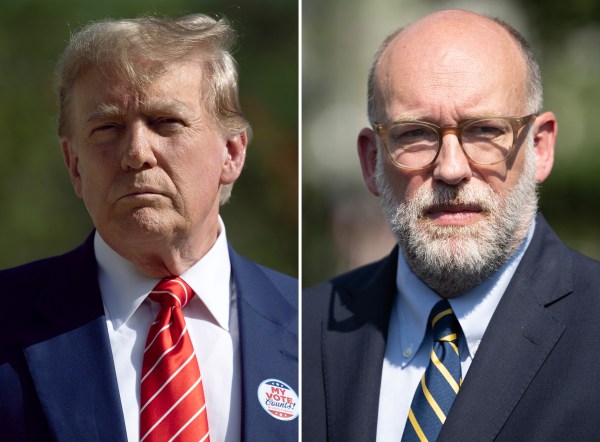
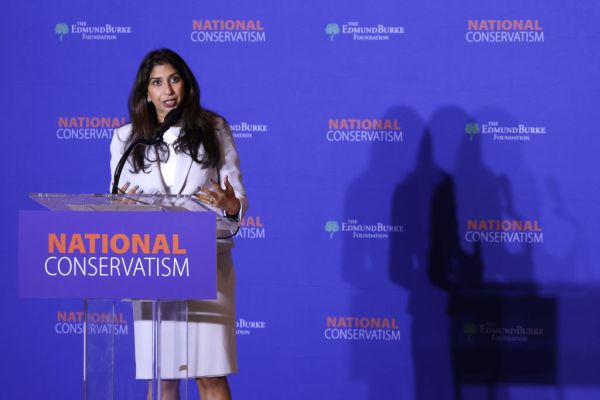
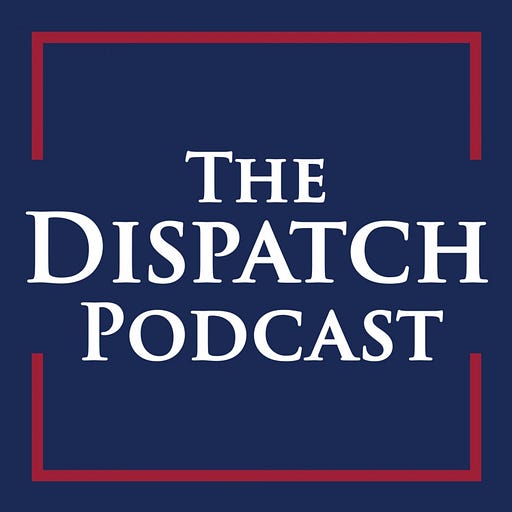
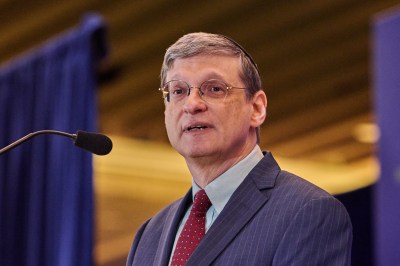
Please note that we at The Dispatch hold ourselves, our work, and our commenters to a higher standard than other places on the internet. We welcome comments that foster genuine debate or discussion—including comments critical of us or our work—but responses that include ad hominem attacks on fellow Dispatch members or are intended to stoke fear and anger may be moderated.
With your membership, you only have the ability to comment on The Morning Dispatch articles. Consider upgrading to join the conversation everywhere.